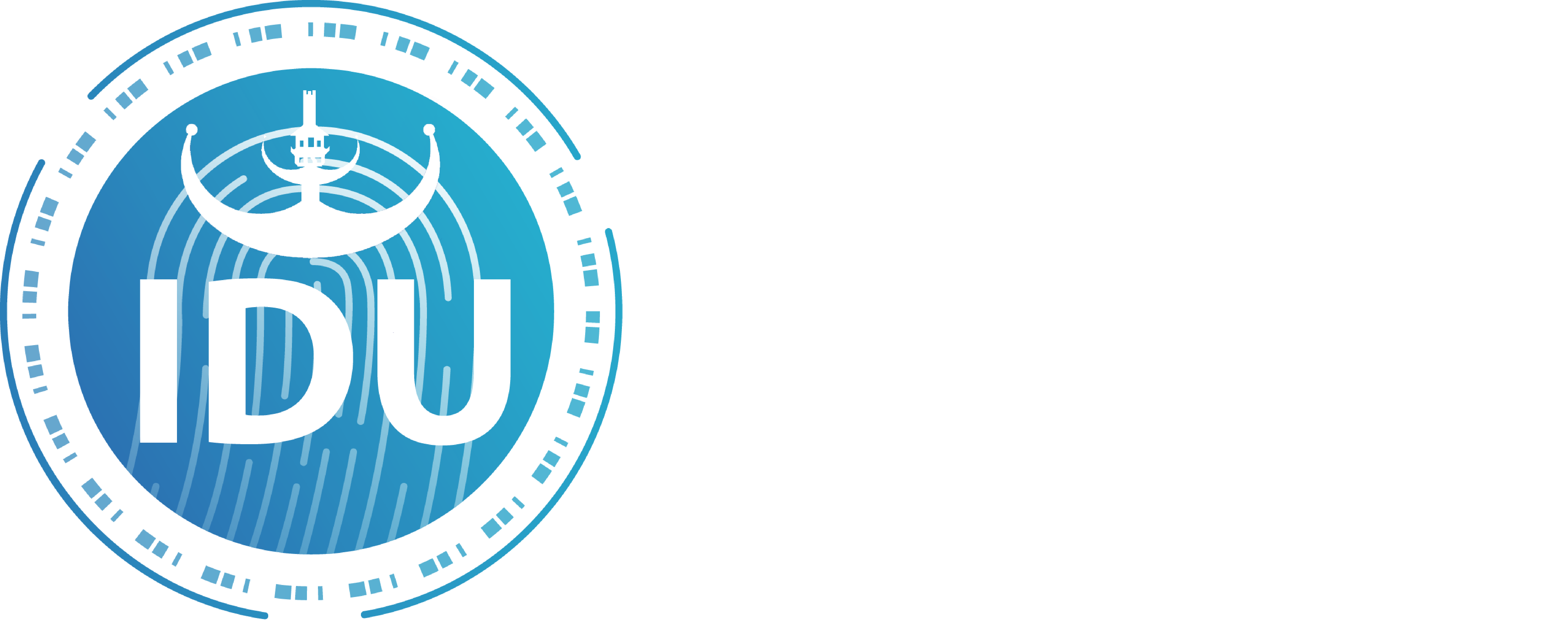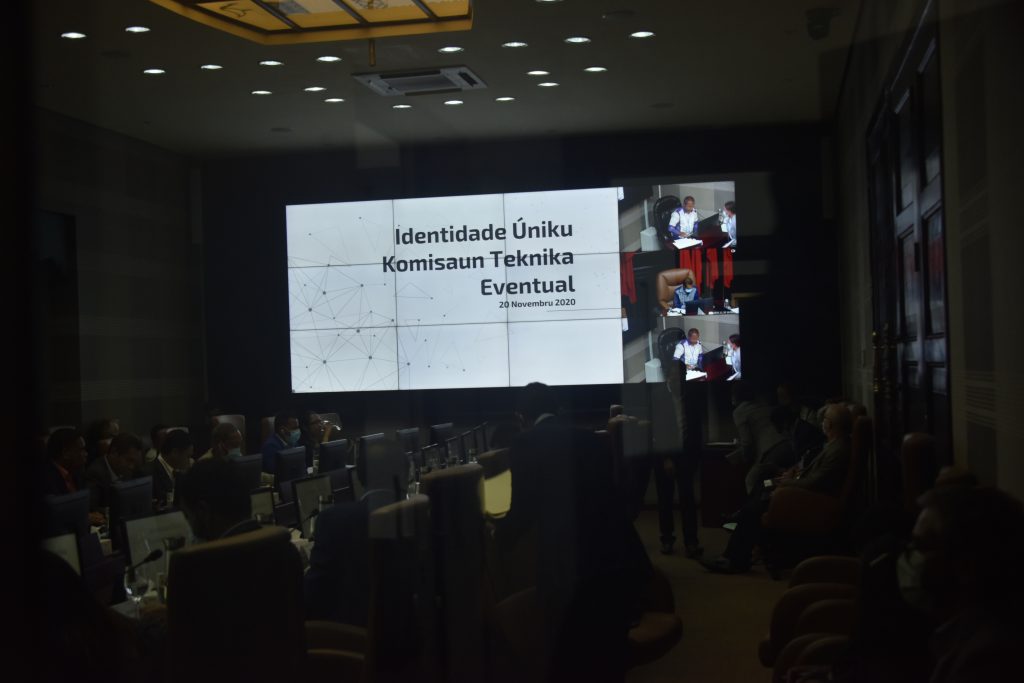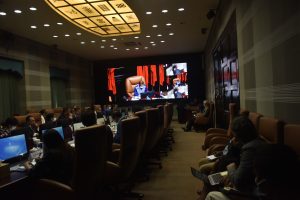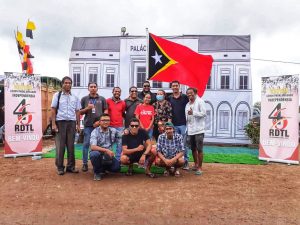Meeting of the Council of Ministers on May 26th, 2021
Presidency of the Council of Ministers
Eighth Constitutional Government
……………………………………………………………………………………………………………..
Press Release
Meeting of the Council of Ministers on May 26th, 2021
The Council of Ministers met in the Ministry of Finance Auditorium, in Dili, and approved the draft Decree-Law for the creation of the credit line “Ensinu Superior Kualidade +” destined to financial support to private higher education institutions, respective financial guarantee and interest subsidy, presented by the Minister of Higher Education, Science and Culture, Longuinhos dos Santos. The purpose of this draft Decree-Law is to support accredited private higher education institutions in obtaining funding to improve conditions and infrastructures, as well as to increase the capacity of human resources. It also aims to increase the competitiveness and international recognition of higher education institutions, to foster the diversification of the offer of courses in priority areas and to promote the territorial decentralisation of higher education.
The draft Decree-Law approving the support measures for victims of serious accidents and disasters, presented by the Ministry of the Interior, was also approved. This draft Decree-Law aims to create a clear and robust legal framework for the State support to those victims, as well as the recovery process. The support provided for in this Decree-Law is granted to individuals who are affected by serious accidents or disasters and upon declaration of a situation of alert, contingency or calamity. The list of support that the Government may grant to people affected by serious accidents or disasters includes meals and water, foodstuffs, basic necessities for personal and domestic use, construction materials for house repair or reconstruction, a subsidy to support house repair and reconstruction works, death subsidy and psychosocial support.
After the analysis to the presentation of the coordinators of the Integrated Centre for Crisis Management, on the point of the epidemiological situation in Timor-Leste, the Council of Ministers approved the draft Government Resolutions that:
> Maintain the imposition of sanitary fences in the Municipalities of Baucau, Covalima and Dili until June 1st, 2021, 11:59 p.m.;
> Imposes sanitary fences in the Municipalities of Bobonaro and Viqueque between May 27th, 2021, 00:00 a.m. and June 1st, 2021, 11:59 p.m.;
> Maintain the imposition of mandatory home confinement in the Municipality of Dili until June 1st, 2021, 11:59 p.m.
Thus, the circulation of people between the municipalities of Baucau, Bobonaro, Covalima, Dili and Viqueque and the other administrative districts is prohibited, except in duly justified cases for reasons of public security, public health, humanitarian assistance, maintenance of the public supply systems or the pursuit of public interest.
In the Municipality of Dili the imposition of general home confinement of all persons residing or presently in the Municipality of Dili also remains in place, except for the reasons previously defined, namely for reasons of health, work and for access to basic goods and services. There is only one change, whereby collective religious celebrations and other collective worship events are now allowed, provided that those attending the ceremonies maintain a distance of at least one meter from third parties with whom they do not live in common economy and wear a face mask covering the nose and mouth.
The Council of Ministers watched a presentation on the Integrated Strategy for the Implementation of a Unique Identification System (Unique ID, IDU [Portuguese acronym]), by Roberto Caetano de Sousa Vicente, Executive Director of TIC Timor and President of the Eventual Technical Commission responsible for its preparation.
This strategy will be implemented between 2021 and 2025, with the first registration expected to take place in the fourth quarter of 2022 and one million people registered by the end of 2025.
The Unique Citizen Identification System is part of the Public Administration Reform Programme and is the necessary basis to improve the effective delivery, efficiency and planning of public services and to ensure better management and coordination of social policy, while contributing to the structured construction of e-governance in Timor-Leste.
Unique ID will use a minimal set of digital data establishing a digital identity, to which a randomly generated unique identification number will be assigned. It has a minimum set of biographical information, such as name, date of birth and place of birth and this information is used only to meet identity proofing and compliance needs, such as enrolment for government services and payments and opening a bank account. Biometric information will also be used, for people over the age of 13, to establish the uniqueness of individuals and facilitate secure authentication of a unique identity.
Lastly, the Minister of Public Works, Salvador Soares dos Reis Pires and the Chairman of the Board of Directors of Be’e Timor-Leste, E. P. (BTL, E.P.), Carlos Peloi dos Reis, presented the project to improve the drainage and sanitation infrastructures in Dili, which aims to address the problem of flooding and the current insufficient drainage capacity and lack of maintenance of infrastructures. With this project, the capacity of the existing infrastructures will be increased and retention basins will be built in strategic locations, in order to control the speed of the waters in cases of heavy rains. END



